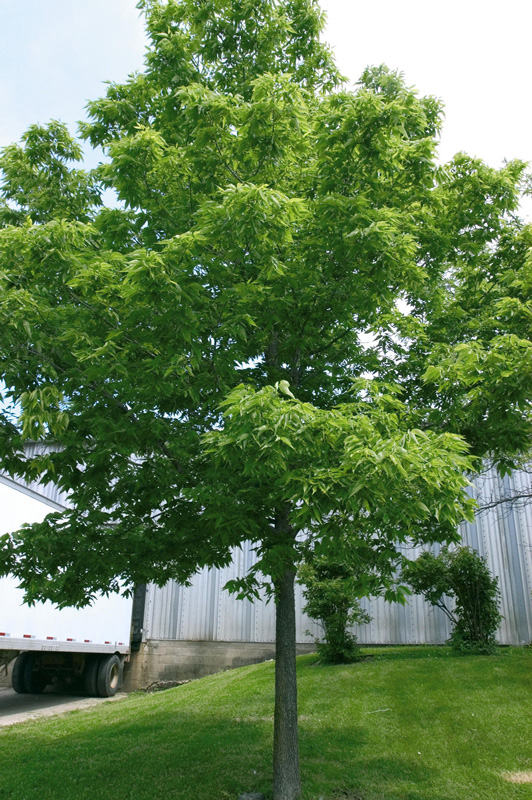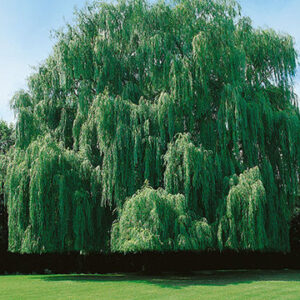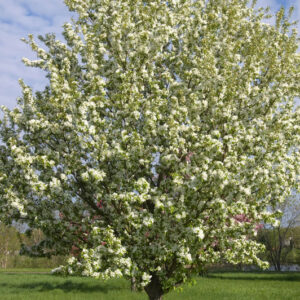Description
Celtis occidentalis – Common Hackberry
PLANTING POINTS: The Common Hackberry is an excellent urban tree that has replaced the American Elm in many communities where Elms were previously the dominant tree of the urban canopy. A moderately growing species, this tree has ridged juvenile bark and large spade like leaves. This tree has been a trooper and can handle wet and dry conditions. Growing to a large size at maturity it can do a tremendous amount for the urban canopy and is a go to for highly urban environments such as sidewalk cutouts and parks.
SITING THIS TREE: Tolerant of pollution and salt, it can battle through many soil conditions that others cannot. This tree does have indeterminate growth which means it will continue to put out new growth as juvenile late into the fall.Because of this dead twig and some dieback is common with this tree as a juvenile. Educating customers around this fact will be important as it can becosmetically unappealing. A low mess tree that does have berries, but they are usually not a much of a cleanup nuisance and do provide food for birds and other small wildlife.
Find a Dealer for our Tree Nursery in Iowa.



